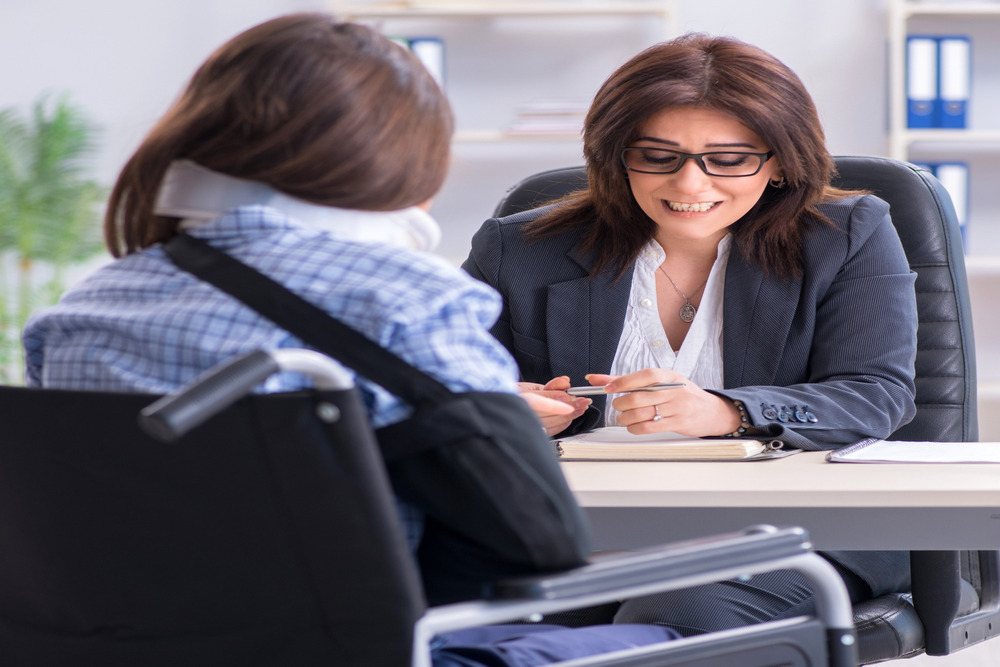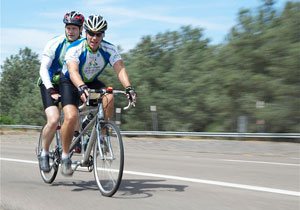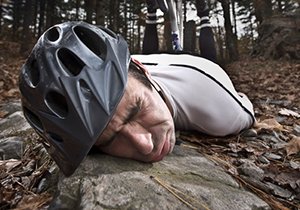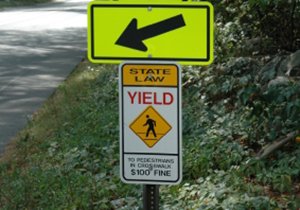
After you’ve been in a bicycle accident, you might be surprised at how quickly the insurance company gets involved. Adjusters have a job to do, and it’s focused on protecting the company’s bottom line. They begin by reviewing every detail you provide—accident reports, medical records, witness statements, and any communication you have with the other party. Their goal is to determine the amount of liability their insured driver holds and the value of your injuries in dollar terms. You may feel that your injuries and trauma speak for themselves, but adjusters won’t base decisions on emotion. They’re looking for hard evidence: photos, documentation, consistent statements, and expert assessments. That’s why you need to be organized and cautious with what you say from the start.
Medical Treatment and Injury Documentation Matter
One of the first things adjusters evaluate is how quickly you sought medical treatment and what kind of care you received. If you waited too long or skipped follow-up appointments, they might argue that your injuries aren’t serious or weren’t caused by the accident. They’ll look for gaps in your medical records or conflicting information. This is why it is essential to maintain thorough documentation and adhere to your treatment plan consistently. It’s not just about healing—it’s about showing a clear connection between the accident and your injuries. Physical therapy reports, specialist evaluations, X-rays, and prescriptions all add to the credibility of your claim. You may not think twice about a missed appointment, but to an adjuster, it can significantly weaken your case.
Understanding How Fault Is Determined
California follows a comparative fault system, which means your compensation can be reduced based on the percentage of fault assigned to you. This is where things get tricky. Adjusters will investigate everything—from whether you were wearing a helmet to your position in the bike lane or if you followed traffic signals. They often rely on police reports, photos, and witness testimonies to build a timeline. Any hint that you may have contributed to the accident can be used to reduce your payout. You must remain straightforward and consistent in your account of the events. A small detail you casually mention can shift the adjuster’s view of your responsibility. That’s why many cyclists choose to work with legal experts who can help clarify facts and protect against unfair blame.
The Role of Property Damage and Lost Wages
Besides your physical injuries, the adjuster also looks at property damage—like your bicycle, gear, or even your phone. Every item is assessed for value, and often, they’ll aim low. If your bike was custom-built or had high-end components, you’ll need receipts or documentation to support its worth. Don’t rely solely on verbal claims. Additionally, if your injuries prevented you from working, you’ll need to provide proof of lost income. This includes pay stubs, a letter from your employer, or even freelance contracts. Adjusters scrutinize every detail because any ambiguity gives them room to reduce your claim. Being thorough here gives you a stronger foundation to push back if the offer doesn’t match your actual losses.
Why Legal Support Can Shift the Outcome
Going through the claims process after a bike accident can feel like a second blow, especially when you’re trying to recover physically and emotionally. But you don’t have to manage it alone. Having an attorney who understands how insurance adjusters operate can completely change your outcome. A lawyer knows how to interpret policy language, highlight key evidence, and challenge low settlement offers. You may be unfamiliar with tactics insurers use, but your legal team isn’t. They can handle communication, build your case, and ensure that your rights are respected every step of the way. If you’ve been hurt in a bicycle accident and want professional support to deal with the insurance process, contact California Bicycle Safety through Bonnici Law Group at (619) 870-0181 for consultation and guidance.
 Fred has thousands of miles of cycling under his belt.
Fred has thousands of miles of cycling under his belt.







 1620 5th Avenue
1620 5th Avenue 1620 5th Avenue,
1620 5th Avenue,